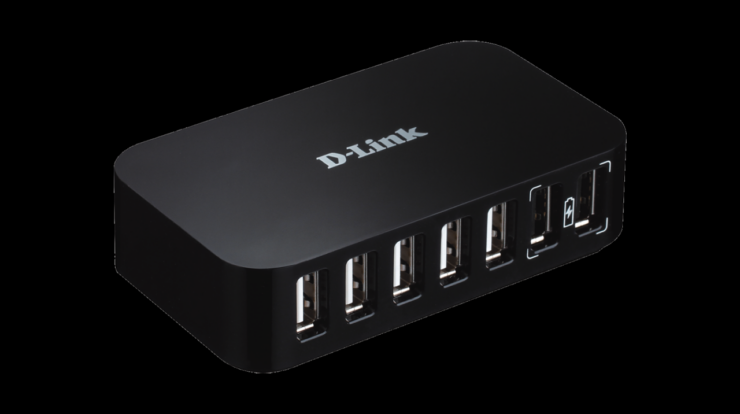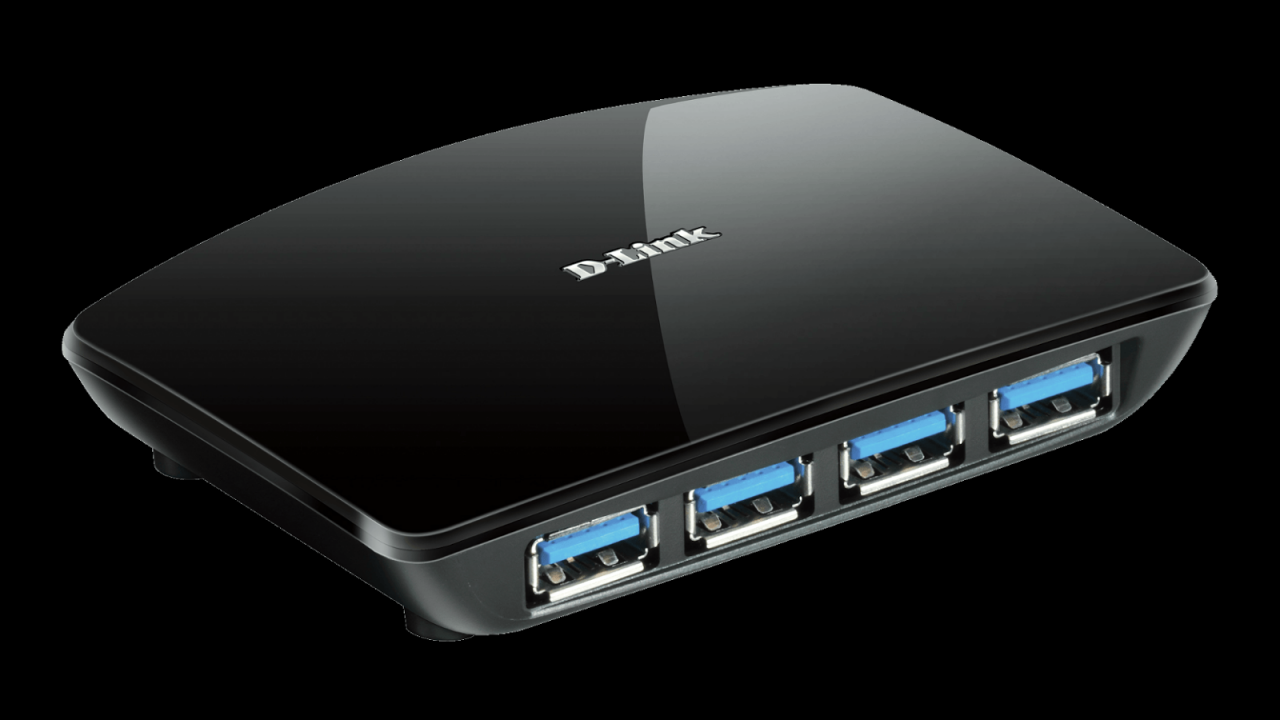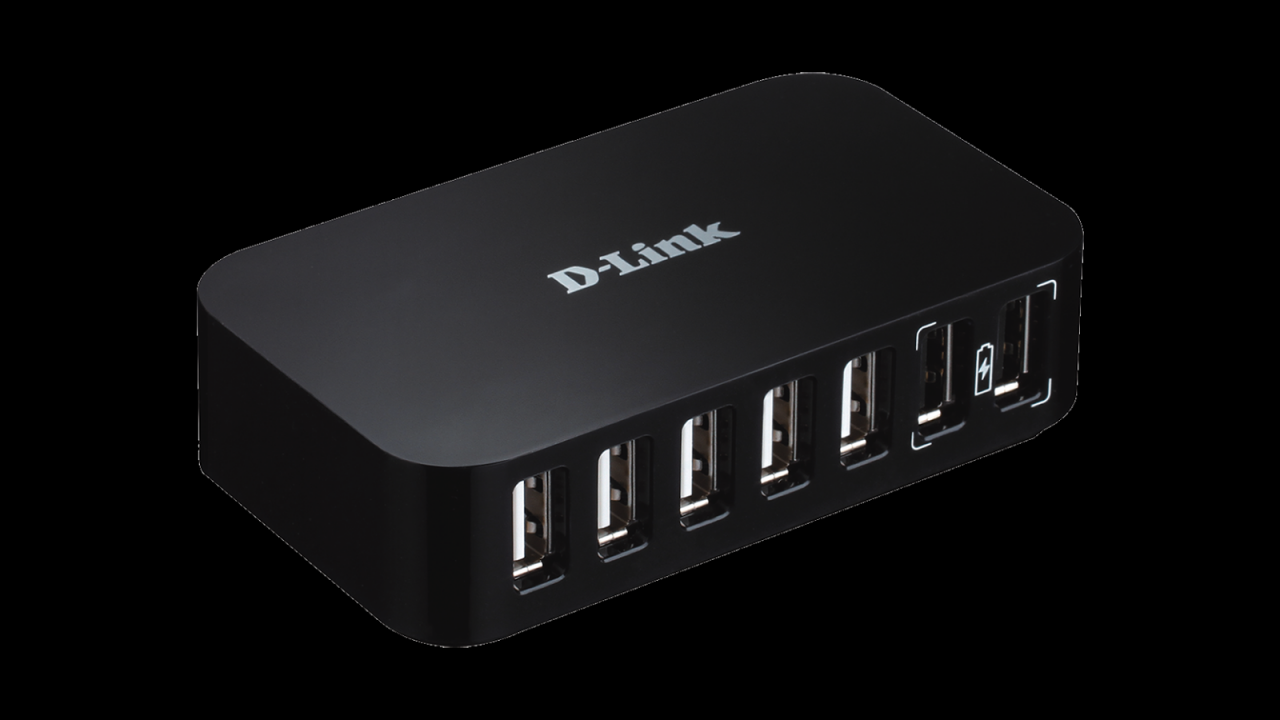
Hub definition refers to a central point or entity that connects and facilitates interactions within a network or system. Hubs play a crucial role in various domains, including transportation, communication, and technology.
They serve as central points of connection, enabling the exchange of information, resources, and interactions between different nodes or components.
Hub Definition and Concept

A hub serves as a central point of connection, facilitating interactions and exchanges within a network or system. Hubs exist in various forms, ranging from physical transportation hubs to virtual communication and technology platforms.
Characteristics of a Hub
Hubs are characterized by their ability to:
- Connect multiple entities, such as devices, networks, or individuals.
- Facilitate communication, data exchange, and resource sharing.
- Act as a central point of control or management.
Benefits and Applications of Hubs, Hub definition
Hubs offer numerous benefits and have been successfully implemented in various contexts, including:
- Transportation: Airports, train stations, and bus terminals serve as hubs for passenger and cargo movement.
- Communication: Telecommunication hubs enable the exchange of voice, data, and video across networks.
- Technology: Data centers and cloud platforms act as hubs for storing, processing, and distributing information.
Challenges and Limitations of Hubs
Hubs may face challenges, such as:
- Scalability: Hubs may struggle to handle increasing traffic or demand.
- Security: Hubs can be vulnerable to cyberattacks or data breaches.
- Centralization: Hubs can create a single point of failure or vulnerability.
Design and Implementation of Hubs
Effective hub design and implementation require careful consideration of factors including:
- Connectivity: Ensuring seamless connections between entities.
- Capacity: Determining the maximum traffic or load the hub can handle.
- Scalability: Designing hubs to accommodate future growth and demand.
Evolution and Future of Hubs
Hubs have evolved over time, and emerging trends include:
- Virtualization: Hubs are increasingly becoming virtualized, enabling greater flexibility and scalability.
- Intelligence: Hubs are becoming more intelligent, incorporating artificial intelligence (AI) for automation and optimization.
- Decentralization: The future may see a shift towards decentralized hubs, reducing reliance on single points of failure.
Last Point

In conclusion, hubs are essential elements in many systems and networks, facilitating connectivity, collaboration, and the flow of information. Understanding hub definition and its applications is crucial for optimizing network efficiency and maximizing the potential of connected systems.
Questions Often Asked
What is a hub in networking?
A hub in networking is a device that connects multiple devices together, allowing them to communicate with each other.
What are the benefits of using hubs?
Hubs provide several benefits, including increased connectivity, improved network performance, and simplified network management.
What are the limitations of hubs?
Hubs have certain limitations, such as limited bandwidth, potential for data collisions, and security vulnerabilities.